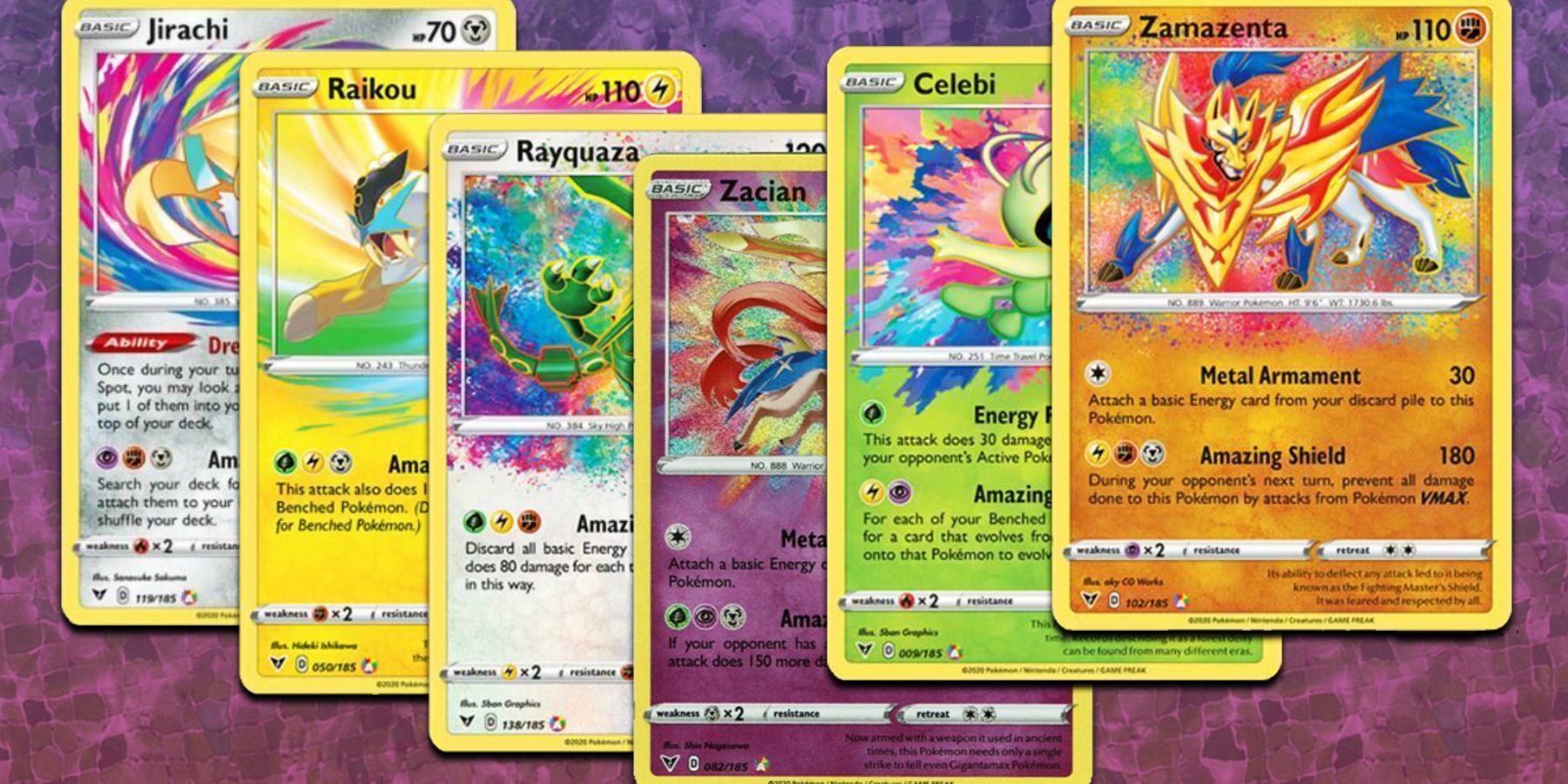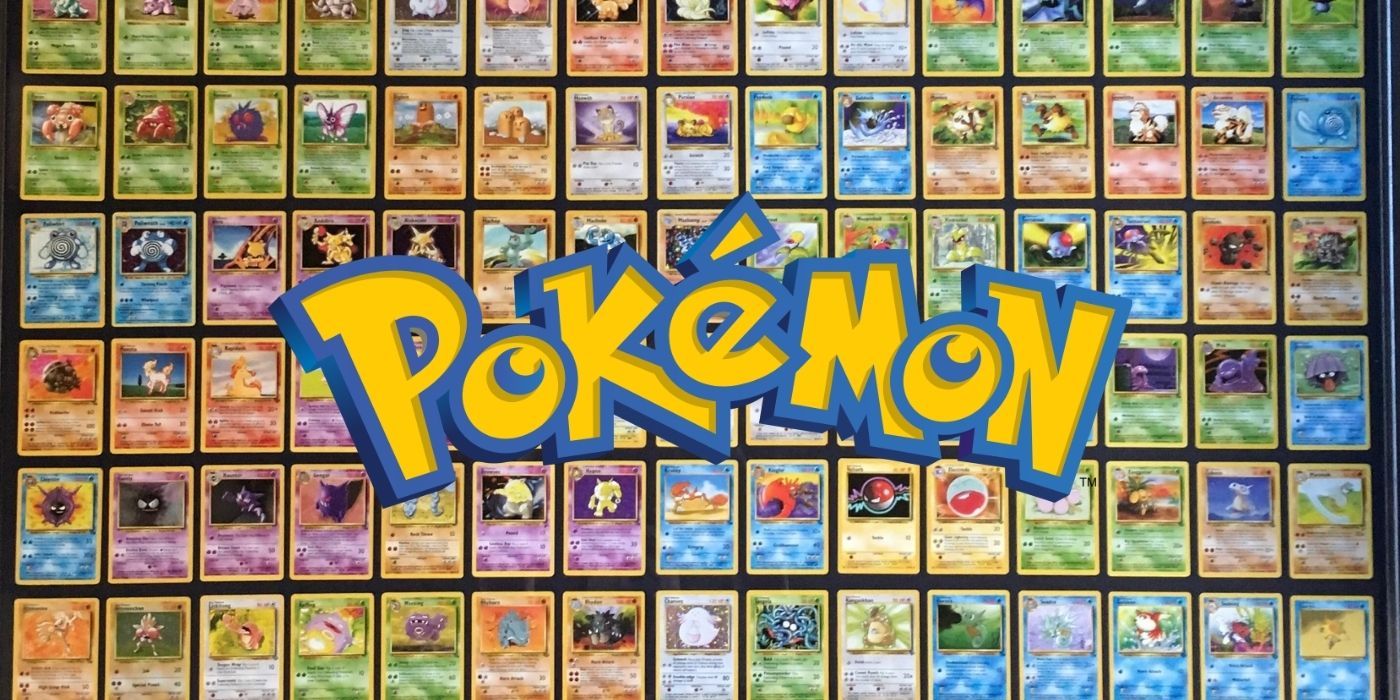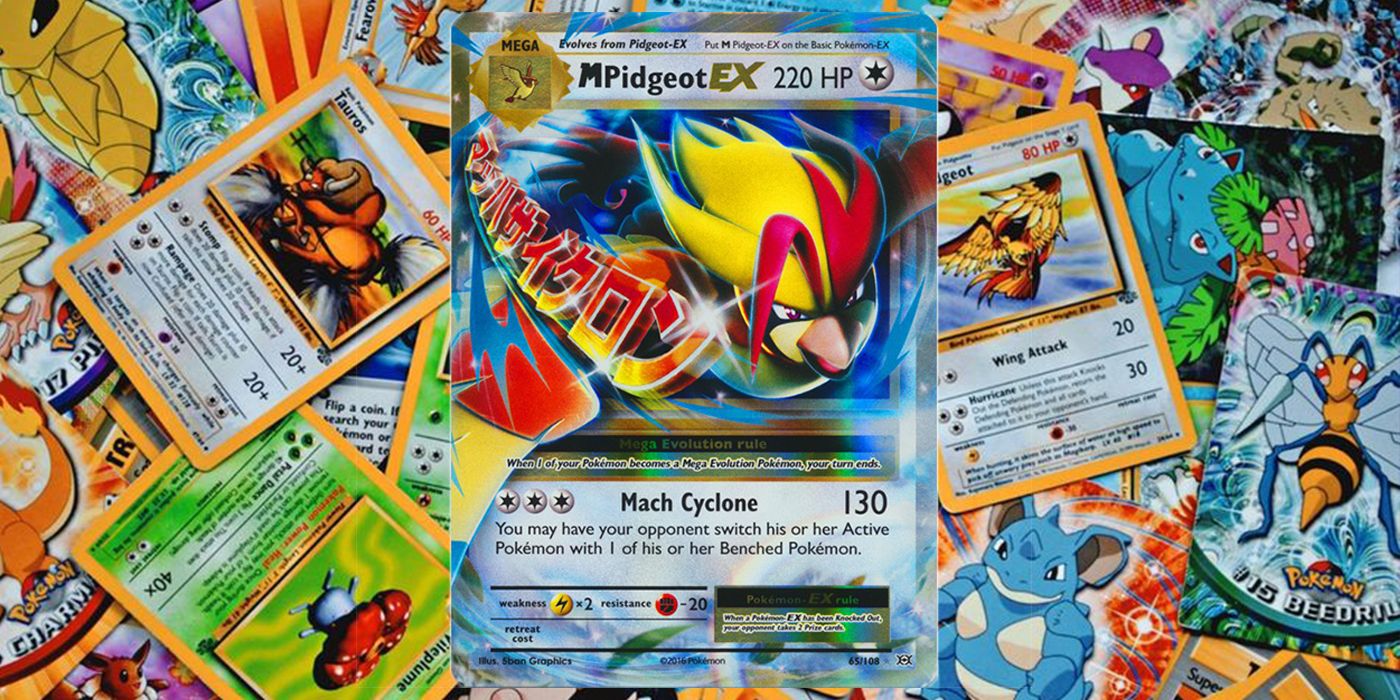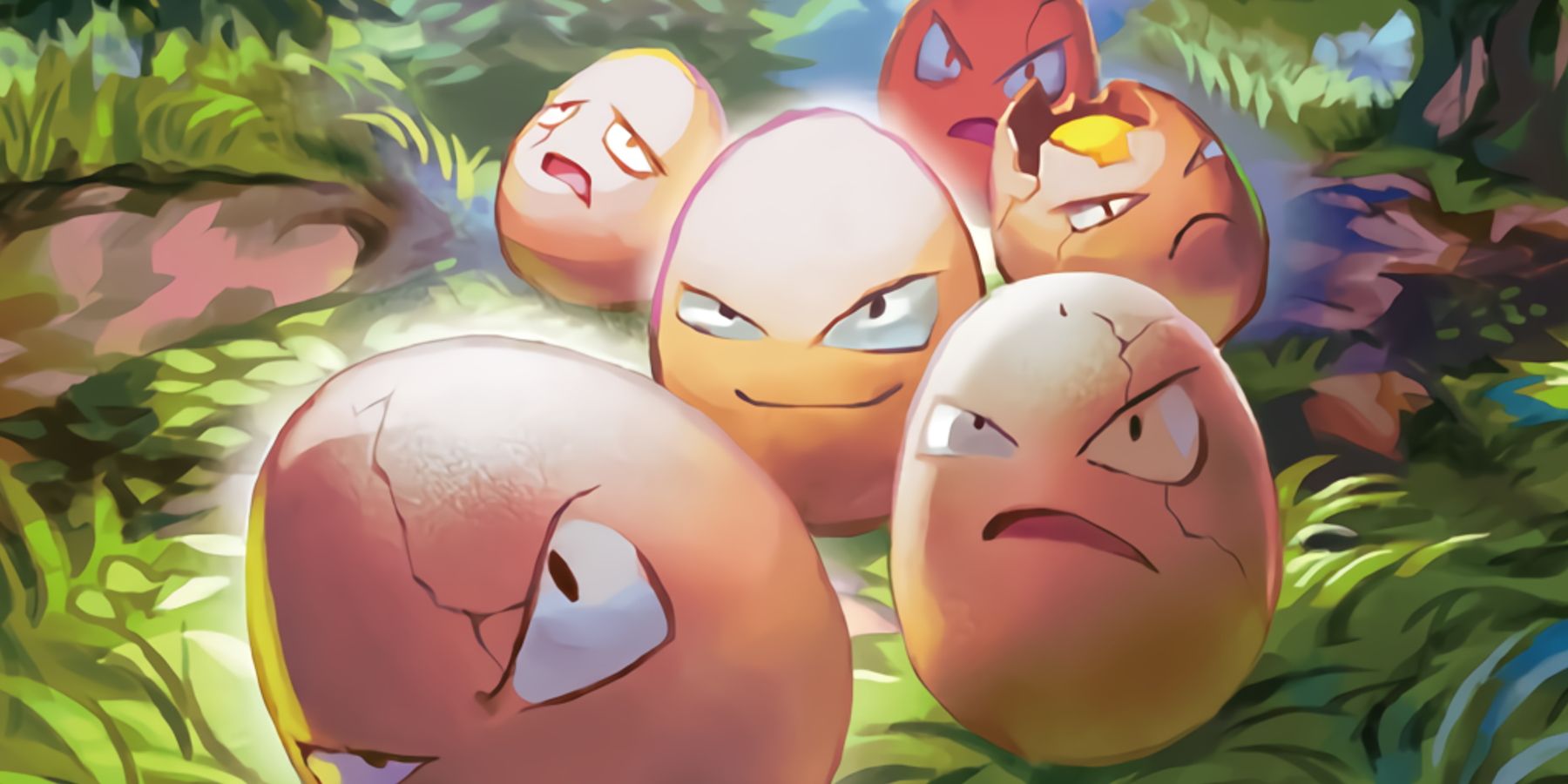In 2019, Pokemon officially became the highest-grossing franchise of all time. Even though it's not quite as common for kids to bring their Pokemon cards to schools today, the franchise has retained its popularity and the cards experienced a revival in 2020. Pokemon games account for a large part of the popularity, with new games and remakes coming out all the time, but most of the franchise's revenue comes from merchandise sales. Pokemon toys, games, and cards are still popular among both hardcore and casual Pokemon fans, and the franchise is constantly attracting younger generations to join in and catch 'em all.
Although Pokemon is still popular, the franchise isn't the "craze" that it used to be, and many of the original fans have grown up and distanced themselves from Pokemon apart from the occasional nostalgia trip. In the late '90s, though, Pokemon was such a big part of people's lives that the franchise actually became a huge problem in elementary and middle schools. Some schools even took steps to ban Pokemon cards and games from schools altogether.
The Rise of Pokemon Trading Cards
Pokemon debuted in Japan in 1996, and made it to the United States in 1998. Six months later, Pokemon was a national craze. The Pokemon Trading Card Game, in particular, started taking over schools as trends tend to do. Students argued that Pokemon cards were actually educational because they encouraged math, reading, and strategy, but many school officials didn't agree. Pokemon cards and the Trading Card Game became a huge distraction for many students and schools had a wide variety of ways of dealing with them.
Around 1999, it's safe to assume that most schools had some sort of policy regarding Pokemon cards. There are countless articles online from 1998-1999 announcing that another school has taken official action to prevent Pokemon from infiltrating classrooms, with varying degrees of success and protestation from students. If students weren't allowed to play the game and trade openly during school, many proceeded to trade in secret. Some schools banned Game Boys and all Pokemon merchandise, but most schools just dealt with the Trading Card Game.
Pokemon Trading Led to Fights in Schools
At first, it sounds silly to ban something like Pokemon in schools. Perhaps measures need to be put in place to keep students focused on lessons and keep classroom disruption to a minimum, but banning them from school property altogether seems like a huge overreaction. What's wrong with kids enjoying a card game? Nothing — until it becomes a genuine safety issue.
It's a little more complicated than that, and many schools did ban Pokemon for good reason. Children, especially children in elementary school, didn't fully understand what they were doing when they traded a card. There are numerous reports of older students tricking the younger kids into trading valuable Pokemon cards — which the younger student eventually wanted back. It wasn't always harmless trading, and children can easily change their minds after making a trade. Teachers would need to break up arguments about cards and sometimes parents had to get involved.
While trading could lead to conflict between students, at least it was legitimate and likely taught some children valuable lessons. However, other fights broke out when one student accused another of stealing a valuable Pokemon card. Once again, teachers and parents would have to step in to resolve the conflict. Banning Pokemon cards took care of most of that conflict and ensured that teachers and students could remain focused. Cards are still popular and scalpers still very much exist, but to a lesser extent.
Some schools definitely responded more positively than others, though. While many took the approach of banning Pokemon cards and merchandise, other schools provided students with a more appropriate outlet for them. Many schools opened up Trading Card clubs for students to participate in or allowed cards to be traded during recess.
Pokemon Was Seen as Promoting Harmful Behavior
In addition to the conflict it created between students, some adults felt that Pokemon was promoting harmful things like violence, gambling, and animal abuse. It's easy to see how some of those themes could be pulled out of Pokemon and Pokemon games. When players bet their favorite Pokemon cards it is quite a bit like gambling, which, while it's not a big deal for older players, can be harmful to young players that could be taken advantage of.
It's also easy to see why some would have felt that Pokemon promotes violence and animal abuse when it originally came out. On paper, the idea of capturing an adorable creature in a tiny ball and forcing it to fight doesn't sound great. And if that's all there was to it, there might be a point. However, the games emphasize the positive relationships between Pokemon and trainers through every aspect of the franchise. Trainers are encouraged to care for their Pokemon and bond with them. Pokemon also enjoy fighting, and aren't made to fight against their will.
Pokemon Has Always Received Backlash
To be fair, anything that rises to the popularity of Pokemon receives criticism. Pokemon has received backlash since it began, and even more recently with the arrival of Pokemon GO in 2016. It became a craze all over again, and while it wasn't banned in schools as extensively as Pokemon cards, it did encourage players to wander into locations that were better off left alone, or try to play while driving. Pokemon GO was banned in Malaysian schools and received some backlash from those who felt it was an unnecessary distraction.
Pokemon has also received a fair share of backlash from religious communities for various reasons, which could have influenced why it was banned in some schools. Governments have even taken action against Pokemon, with it being banned in Saudi Arabia in 2001 because of the association with gambling. Pokemon has been accused of being Satanic or even racist because of certain designs like Jynx. Usually just trading cards were banned, but some fans recall experiences of other Pokemon toys being confiscated or forbidden. When Pokemon was new in the late '90s, people were very skeptical and some remain skeptical today.
Pokemon cards experienced a surge in popularity in 2020 during quarantine because a lot of fans finally had time to go through their old collections. Some of those original Pokemon cards that were traded in elementary schools in 1998 are extremely valuable now. This time, however, trading in schools wasn't a problem because of the pandemic.
Now that schools are open, some schools are having to take measures to control Pokemon card trading at school again, with one teacher writing up an agreement for the class to sign. Students had to agree to only have their cards out during recess, make fair trades, and not make a fuss if they lost a card. This type of practice won't be as common as it was in the '90s, but it does bring back memories for a lot of fans.




.jpg)
